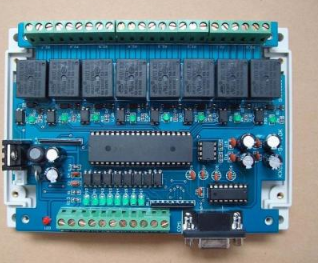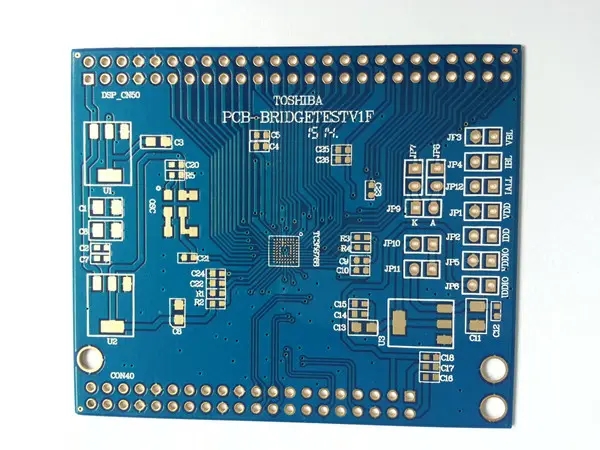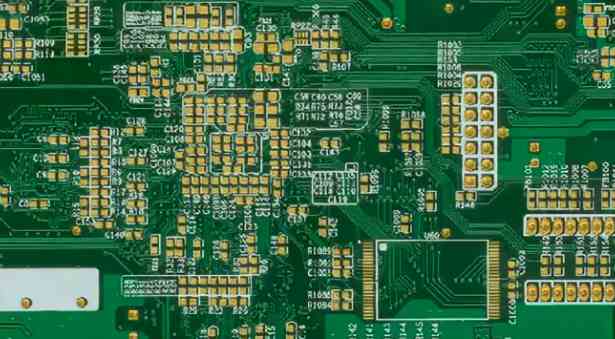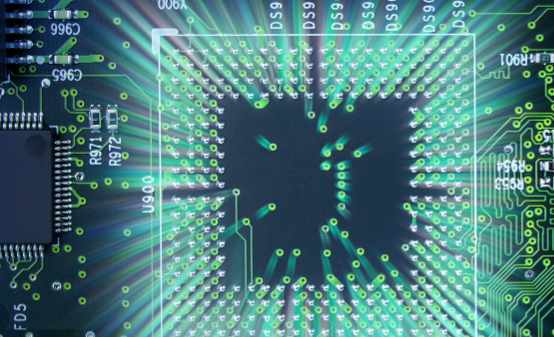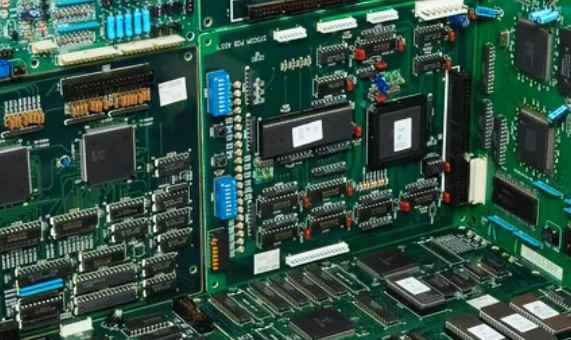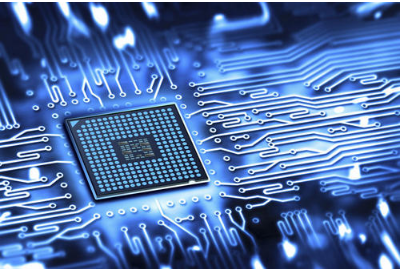
In the reverse technology research, the reverse schematic refers to the reverse deduction of the PCB circuit diagram based on the PCB file diagram or the direct drawing of the PCB circuit diagram based on the actual product, which is intended to explain the principle and working conditions. Moreover, this circuit diagram is also used to analyze the functional characteristics of the product itself. In the forward design, the general product development needs to first carry out the schematic diagram, and then carry out PCB design according to the schematic diagram.
Pcb design
PCB schematics play a special role whether they are used to analyze PCB principles and product working characteristics in reverse research or as the basis and basis of PCB design in forward design. Then, how to reverse the PCB schematic diagram according to the document diagram or real object, and what details should be paid attention to in the reverse process?

1、 Reasonably divide functional areas
When reverse designing the schematic diagram of a good PCB, reasonable division of functional areas can help engineers reduce some unnecessary trouble and improve the efficiency of drawing. In general, components with the same function on a PCB board will be arranged in a centralized manner, so that functional division can provide convenient and accurate basis for reversing schematic diagrams.
However, the division of this functional area is not arbitrary. It requires engineers to have a certain understanding of electronic circuit related knowledge. First, find out the core components of a functional unit, and then find out other components of the same functional unit according to the routing connection to form a functional partition. The formation of functional partition is the basis of schematic drawing. In addition, in this process, don't forget to skillfully use the component serial numbers on the circuit board, which can help you to partition functions faster.
2、 Correctly distinguish lines and reasonably plot wiring
For the distinction of ground wire, power wire and signal wire, engineers also need to have relevant knowledge of power supply, circuit connection, PCB wiring, etc. The distinction of these circuits can be analyzed from the connection of components, the width of circuit copper foil and the characteristics of electronic products.
In wiring drawing, in order to avoid line crossing and interpenetration, a large number of grounding symbols can be used for ground wires, different lines of different colors can be used for various lines to ensure clear identification, special marks can also be used for various components, and even unit circuits can be drawn separately and combined at last.
3、 Alignment reference piece
This reference piece can also be said to be the main part used at the beginning of schematic drawing. After determining the reference piece, drawing according to the pins of these reference pieces can ensure the accuracy of schematic drawing to a greater extent.
For engineers, the determination of reference pieces is not very complicated. Generally, components that play a major role in the circuit can be selected as reference pieces. They are generally large in size and have many pins, which are convenient for drawing. For example, integrated circuits, transformers, crystal tubes, etc. can all be used as appropriate reference pieces.
4、 Master the basic framework and learn from similar schematic diagrams
For the frame composition and schematic drawing method of some basic PCB circuits, PCB engineers need to be proficient. They should not only be able to directly draw the basic composition forms of some simple and classic cell circuits, but also be able to form the overall frame of electronic circuits.
On the other hand, it should not be ignored that the same type of electronic products have certain similarities in the schematic diagram, and engineers can fully use the same type of circuit diagram to reverse the new product schematic diagram based on the accumulation of experience.
5、 Check and optimize
After the schematic drawing is completed, the reverse design of PCB schematic can be said to be completed only after strict testing and verification. The nominal values of components sensitive to PCB distribution parameters need to be checked and optimized. According to the PCB file diagram, the schematic diagram needs to be compared, analyzed and checked to ensure that the schematic diagram is completely consistent with the file diagram, and then the sample plate is produced for testing.


